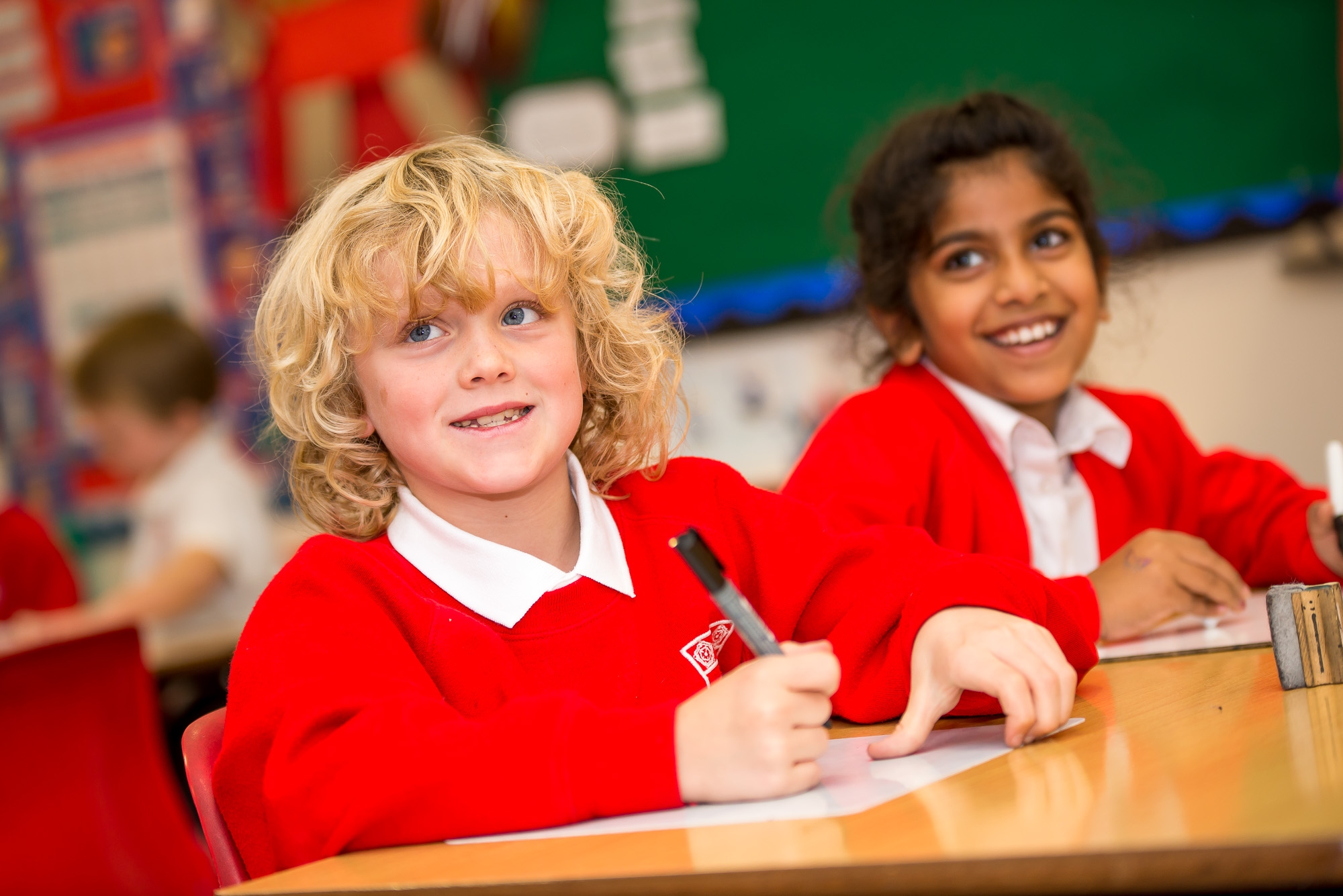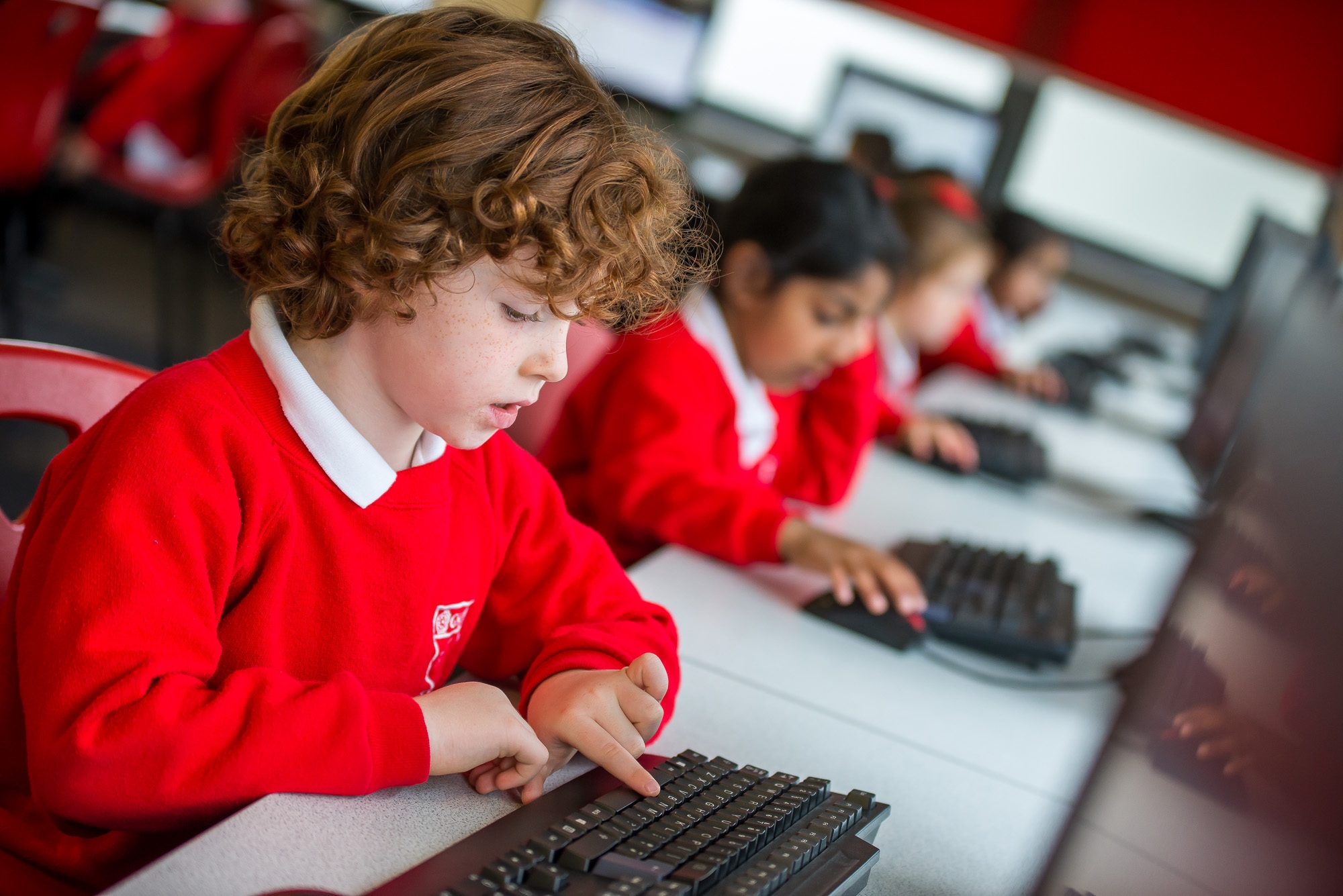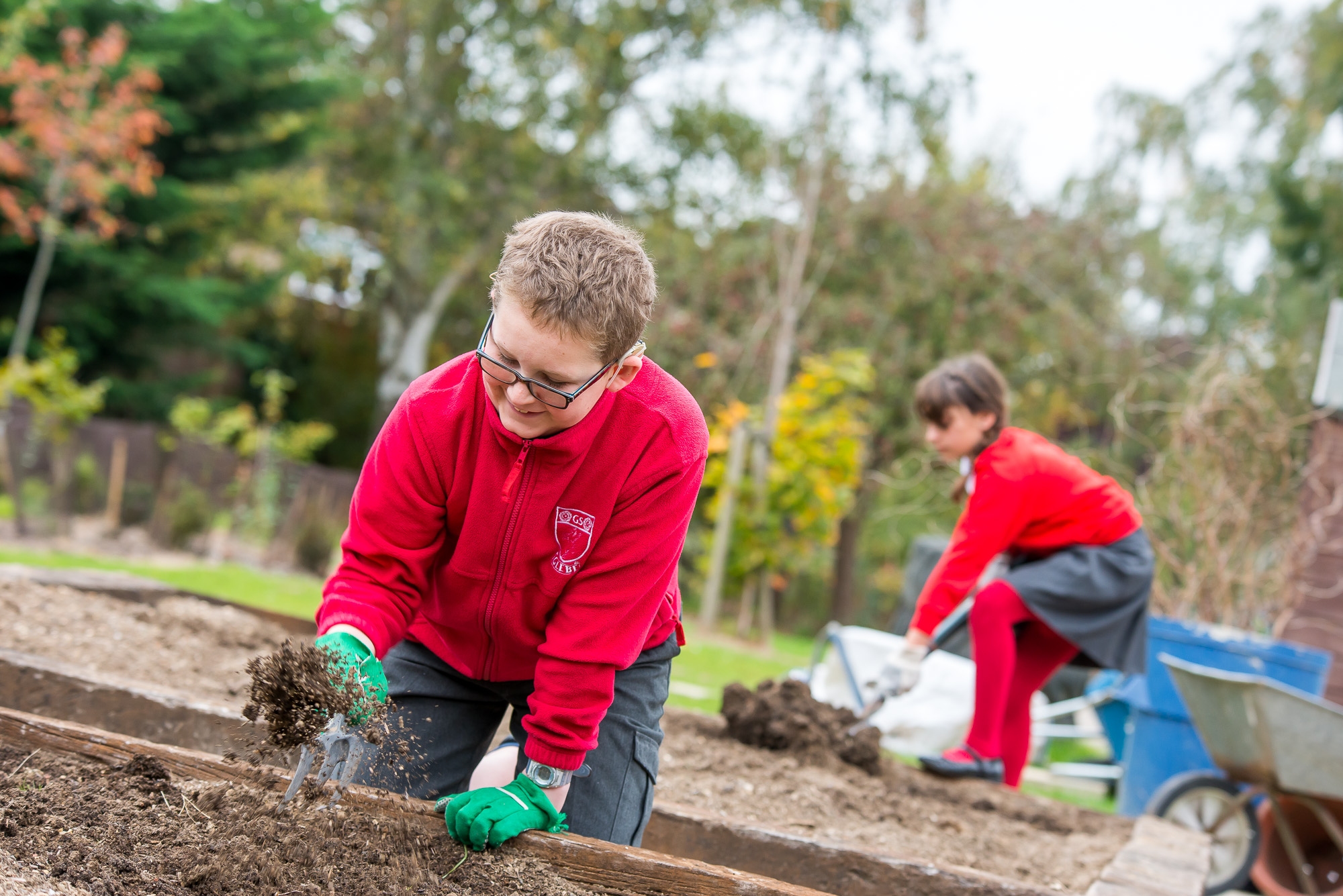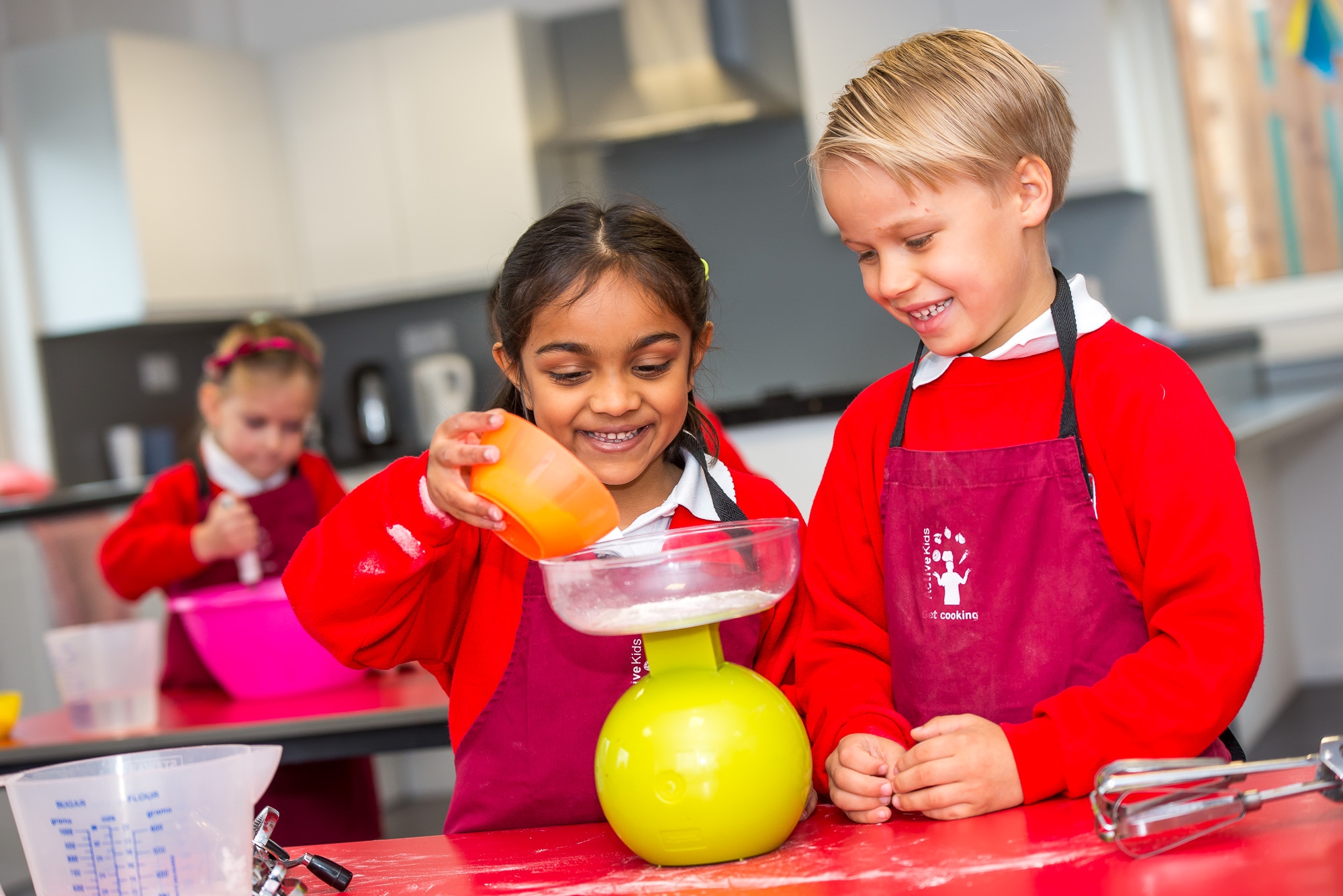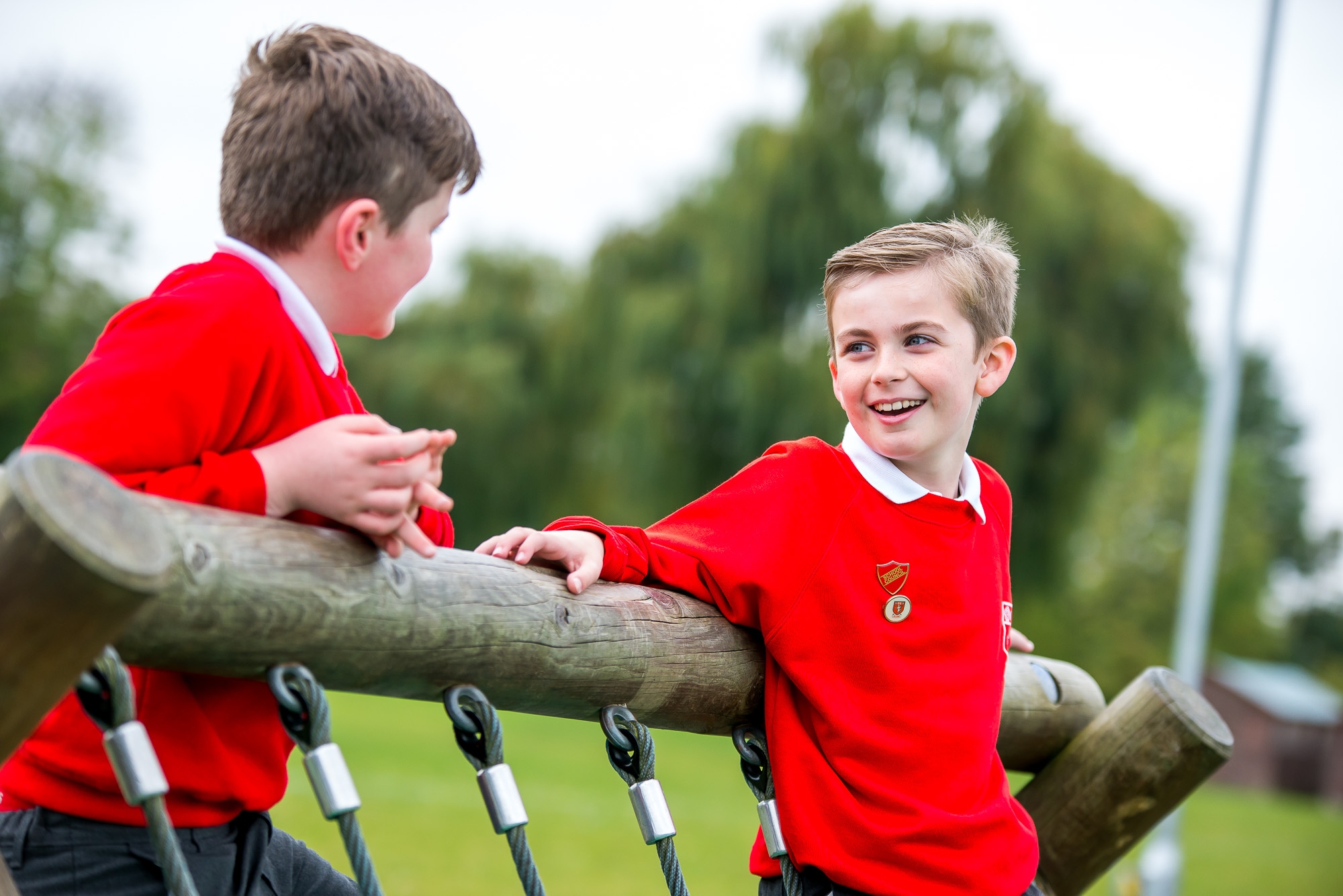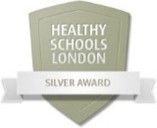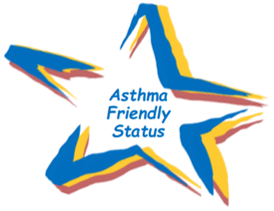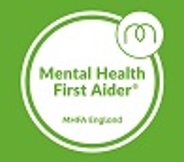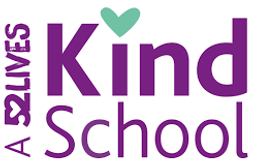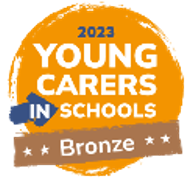
At Glebe Primary School, we are committed to supporting the emotional health and wellbeing of our pupils and staff. We know that everyone experiences life challenges that can make us vulnerable and at times, anyone may need additional emotional support. We take the view that positive mental health is everybody’s business and that we all have a role to play. We are constantly complimented by outside professionals about our family like atmosphere and nurturing ethos.

Please see below for our policy on promoting positive mental health within our school community.
What do we currently do for mental health and wellbeing for our pupils?
We believe we have a key role in promoting pupils’ positive mental health and helping to prevent mental health problems. Our school has developed a range of strategies and approaches including:
Pupil-led Activities
- Campaigns and assemblies to raise awareness of mental health Transition Support
- Support for vulnerable children, for example, Speech and Language (SALT) support small group work such as Lego Therapy or Social Communication groups
- Drama Therapy
- Transition meetings with parent/carers, pupils and relevant staff
- Yearly Transition Passports for vulnerable children
- Transition Passports available for all staff to be aware of vulnerable children’s needs
- Key Adults might support secondary school visits with vulnerable pupils
- Play leaders to support pupils at play time
Class Activities
- Worry boxes
- Kindness/Compliment Boards
- Mindfulness and breathing/meditation in class
- Classroom scripts and signposting
- Online Safety lessons
- Write for 5
Whole School
- New RSE and PSHE curriculum
- Social & Emotional Aspects of Learning (SEAL) resources
- Anna Freud Schools in Mind resources
- Place2Be resources

- Assembly themes
- Children’s Mental Health Week
- Anti-Bullying Week
- Internet Safety Day
- Using the Power of Reading to explore themes and learn about emotions, difference, loss, bullying, change, resilience, etc.
- Displays and information around the school about positive mental health and where to go for help and support both within the school and outside the school
- Using INCAS, attitudes towards school will be assessed and analysed
- Pupil wellbeing surveys.
- Growing Together Champions (School Council members within classes)
- Mental health resources shared on Class Dojo
- Zones of regulation
Small Group Activities
-
- Small friendship, social skills groups
- Lunch Club support
- The Cloud sensory room for those children who are finding the classroom overwhelming
- Drama Therapy (Give Space)
- Equal Arts for a sense of community for military children.
- PSD sports groups for social skills.

- Lego therapy
- Talk About social Skills
- Social Stories
Teaching about Mental Health and Emotional Well-being
-
- Through PSHE, and RSE, we teach the knowledge and social and emotional skills that will help pupils to be more resilient, understand about mental health and help reduce the stigma of mental health problems.
- The skills, knowledge and understanding needed by our pupils to keep themselves and others physically and mentally healthy and safe are included as part of our developmental PSHE curriculum. The specific content of lessons will be determined by the specific needs of the cohort we’re teaching but there will always be an emphasis on enabling pupils to develop the skills, knowledge, understanding, language and confidence to seek help, as needed, for themselves or others.
- We will use guidance and resources from Heads Together; Mentally Healthy Schools website https://www.mentallyhealthyschools.org.uk/ t ensure that we teach mental health and emotional wellbeing issues in a safe and sensitive manner which helps rather than harms. Resources such as Anna Freud Centre’s campaign ‘You’re Never Too Young to Talk Mental Health ’ are useful for assemblies, Y5/6 debate and PSHE lessons. https://www.annafreud.rg/what-we-do/schools-in-mind/youre-never-too-young-to-talkmental-health/
-
- Across the curriculum we also teach about critical thinking and assessing for ourselves the validity of what we read online using resources such as https://gingtoofar.lgfl.org.uk/ https://www.getbadnewsjunir.com/#play https://theguardianfundation.org/programmes/newswise/schools/unit-of-work
Support
We offer different levels of support:
- Universal Support - To meet the needs of all our pupils through our overall ethos and our wider curriculum. For instance, developing resilience for all.
- Additional support - For those who may have short term needs and those who may have been made vulnerable by life experiences such as bereavement.
- Targeted support - For pupils who need more differentiated support and resources or specific targeted interventions such as wellbeing groups or personal mentors.
Lead staff members to contact if you are concerned about your child’s mental health:
- Mrs Sheldon (Pastoral Support Worker & Positive Mental Health Lead)

- Mrs Grant (PHSE & RSE lead)
- Mrs Connolly (SENDCO)
- Mrs Penney (Headteacher)
- Mrs Campbell (Positive Mental Health Link Governor)
We are currently living through extremely challenging times, and now perhaps more than ever, looking after our mental health and well-being is of paramount importance to us all.
What do I do if I am worried about my child's mental health or wellbeing?
You can:
- Go to your GP as a first port of call as they are a useful place to gain medical support and signposting of local services, or speak to a School Nurse. Referrals for the School Nurse service can be made both through your GP and through school.
- Talk to your child’s class teacher or teaching assistant about your child's needs or your concerns.
- Talk to one of the members of staff listed above.
- Young Minds - The Parents Helpline is available to offer advice to anyone worried about a child or young person under 25. You may have questions about a child’s behaviour, emotional well-being, or mental health condition. You may have a child who's already been admitted to CAMHS and have questions about their treatment or want to know what to say to your GP when you visit them. Call 0808 802 5544 or visit the website.
- Early Help – children and family well-being service. Parents can make a referral for support from a Well-being Practitioner via the Hillingdon County Council website https://hillingdonsafeguardingpartnership.org.uk/professionals/useful-guidance/early-help/ or can phone 01895 556 006 for more information.
Early Help Well-being Practitioners have been trained as part of the Improving Access to Psychological Therapies (IAPT) initiative. Well-being Practitioners are able to offer CBT based interventions to support children and young people experiencing common mental health difficulties.
Wellbeing Practitioners can work with children and young people (CYP) experiencing any of the following.
- Low mood
- Worry
- Generalised anxiety & social anxiety
- Panic
- Sleep problems due to anxiety/low-mood
- Simple phobias (excluding blood, needles and vomit)
- Stress management
For information and resources re: understanding and improving mental health and well-being, contact MIND. Tel: 0300 123 3393 ![]() https://www.mind.org.uk/
https://www.mind.org.uk/
NHS Resources
Here are a few simple ways you can encourage your child to express themselves. Could you build on existing interests or passions? Think about what has helped them get through the past year. A love of dancing? Baking? Drawing? Fashion? Encourage your child by
![]() https://www.nhs.uk/oneyou/every-mind-matters/- A public health England and NHS site to help people take simple steps to look after their mental health, improve their mental wellbeing and support others.
https://www.nhs.uk/oneyou/every-mind-matters/- A public health England and NHS site to help people take simple steps to look after their mental health, improve their mental wellbeing and support others.
NHS Berkshire West and East Berkshire Clinical Commissioning Groups (CCGs) have relaunched the mental health booklet – the Little Blue Book of Sunshine: ![]() Little Blue Book of Sunshine 2020.pdf.
Little Blue Book of Sunshine 2020.pdf.
The book offers lots of practical and useful advice and aims to help children and young people by sharing tips on how to deal with problems, such as anxiety, stress, relationships and anger. It also includes information about where to get help when they need it.
Covid Well-Being Recovery Curriculum
On our return to school for the Summer Term, after Covid, we produced the following programme of resources for the teachers to access with their ‘bubble’ classes and for home learning. We also produced a set of activities for the start of the Autumn term. These activities, alongside our Recovery and PSHE curriculums and Nurture room provision will continue to be implemented and updated.
Please find all of the resources for you to access with your child at home.
- Week 1: Supporting positive new beginnings.
- Week 2: Social distance not emotional distance.
- Week 3: Let it go!
- Week 4: Keeping well!
- Week 5: Supporting changes.
- Week 6: Carrying on the changes.
- Week 7: Endings and new beginnings.
- Autumn Term return: Putting our children at the heart of the recovery.

